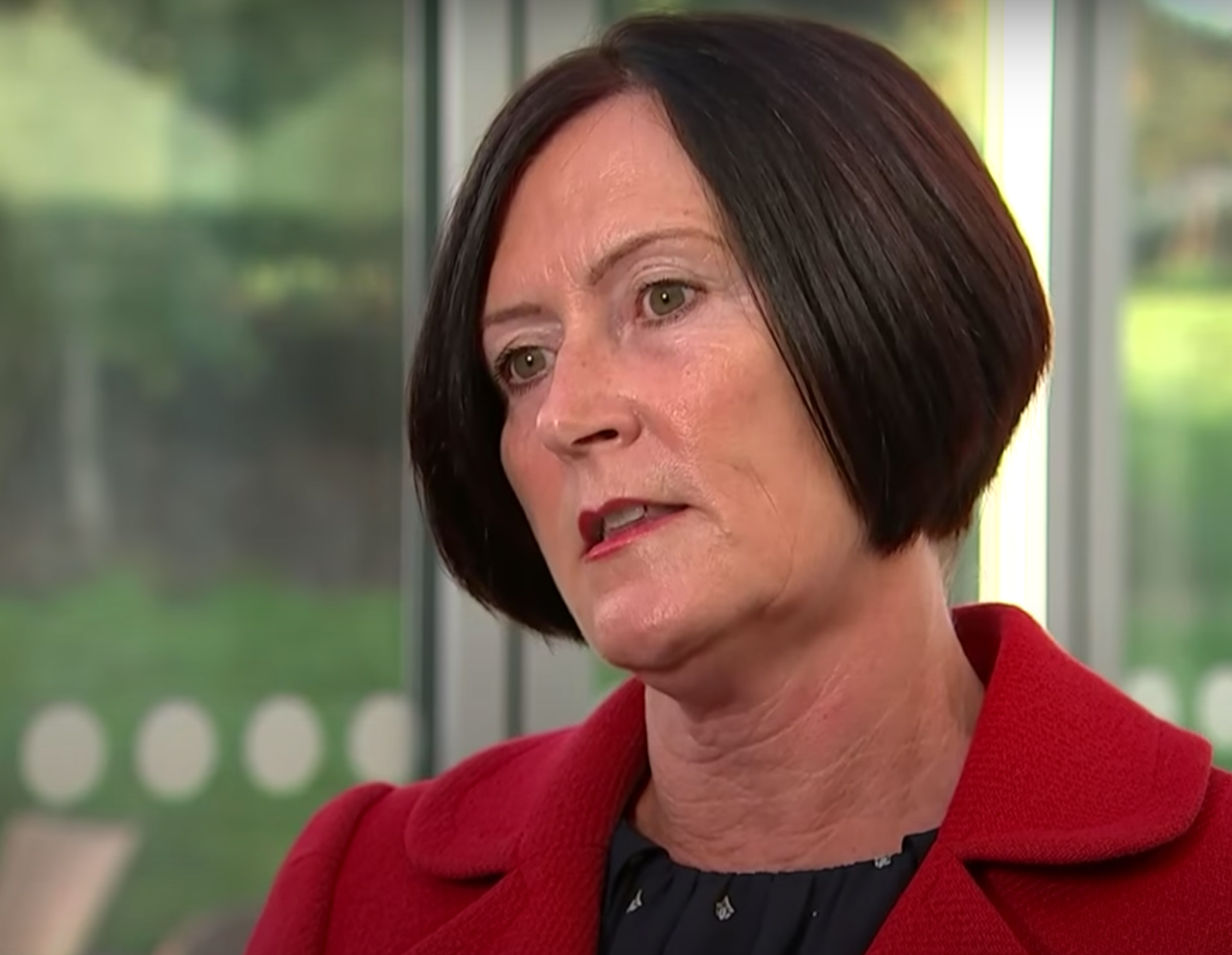Plan to send inmates abroad shows prison system ‘completely broken’ by Tory failures, union chief warns
Prisons yet to recover from austerity ‘race to the bottom’, with nine Tory justice secretaries achieving ‘nothing but decline’, warns Andrea Albutt

The government’s plans to send UK prisoners to foreign jails to ease chronic overcrowding are “beyond the pale” and show the system has been “completely broken” by Tory failures, the president of the Prison Governors Association has warned.
In a speech laying out how “short-termism, party politics” and “yo-yoing” policy priorities since 2010 have left a “legacy of dire consequences for all who live and work in prisons”, Andrea Albutt lamented that the period’s nine Conservative justice secretaries have “achieved nothing but decline”.
With prisons now in a state of crisis, the union chief and four-time prison governor stressed that “eye-watering” austerity had inflicted deep and lasting wounds – kickstarting “a race to the bottom” from which the service is yet to recover.

This left prisons unable to cope with the explosion of death, destruction and unprecedented violence as the drug spice began to flood prisons through the last decade, creating a vacuum of fear exploited by organised crime gangs which risked prisoners “controlling the landings of our wings”, Ms Albutt said.
At the same time, pushes for harsher sentences have seen the prison population soar, leading Ms Albutt to warn that – rather than being tough on crime – political rhetoric “has created a situation where further overcrowding will turn many of our prisons into little more than warehouses of despair, danger and degradation”.
In an eleventh-hour bid to free up prison spaces, justice secretary Alex Chalk scrambled last month to extend early release eligibility and delay sentencing hearings, and plans to tell judges to avoid jailing those handed sentences of less than 12 months.
While the latter move has been welcomed by many experts as a way to reduce reoffending, Mr Chalk’s announcement last month that the government will look to send UK prisoners to foreign jails has raised many eyebrows – as well as questions over cost and viability.
“If this doesn’t demonstrate a system which is completely broken I don’t know what does. To publicly state we’re unable to look after our convicted citizens in their country is an admission of abject failure,” Ms Albutt said in an annual lecture hosted by the Howard League for Penal Reform on Tuesday.

The union chief added: “Forget the morals and ethics of this policy. Logistically how do we retain family ties? How do we deal with language barriers? How do we rehabilitate to return to the British community? … What will it cost the public purse?”
The government’s own public impact assessments revealed last week that the policy would likely see around 600 prisoners sent to foreign jails – but not until 2026 – at a cost of at least £200m over a decade, or £35,000 annually per inmate.
“The policy is so ridiculous and beyond the pale,” said Ms Albutt, a former governor at Bristol, Eastwood Park, Swansea and Low Newton prisons. “It is not a short-term fix for our capacity crisis. I hope it will disappear into the annals of history, rather like the Rwanda policy."
While Mr Chalk’s last-minute measures have likely given the full-to-bursting prison service a reprieve until early next spring, Ms Albutt suggested, she warned that the “dialogue and rhetoric on prisons must change”.

Laying out how more than a decade of ministerial churn and a host of “strategies for change” had “left the system feeling like a political football”, Ms Albutt warned: “Yoyo-ing from one political priority to the next did nothing except destabilise prisons.
“None of these initiatives proved successful and indeed some of them were catastrophic long-term failures still felt today in prisons, public safety and the public purse.”
She continued: “Prisons are now used to pick up the pieces of a failing society. Is the purpose of prisons to educate the innumerate and illiterate? Is the purpose of prison to safeguard those with mental health issues? Is the purpose of prison to deal with drug and alcohol abuse?
“If it is, then we’re not adequately funded for it – and we’re not very good at it.”
A Ministry of Justice spokesperson said: “We’re delivering the most new prison places in over a century so we can continue to lock up violent criminals for longer and keep the public safe. Our proposals to enable offenders to be held in prisons overseas should ultimately reduce costs for taxpayers.
“We have also invested £100m into tough security measures across the estate to crack down on contraband and improve safety.”
Join our commenting forum
Join thought-provoking conversations, follow other Independent readers and see their replies
Comments